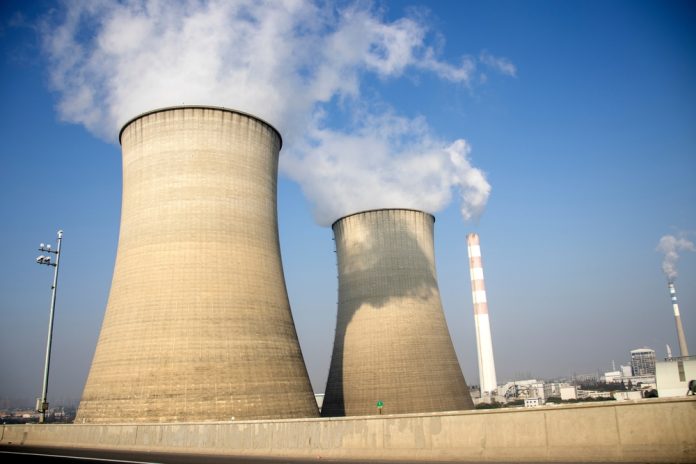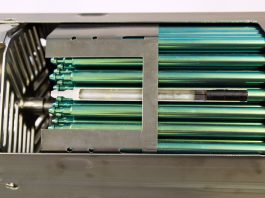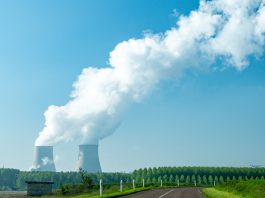Dr William Bodel from the Dalton Nuclear Institute at the University of Manchester has put forward key insights on the role of advanced nuclear technology in facilitating the generation of low-carbon hydrogen.
In his article, Bodel emphasises that the only currently scalable low-carbon energy solutions available to the UK are wind, solar, and nuclear technology. However, to ensure energy security and grid stability, a flexible backup is essential—one that can compensate for fluctuations in renewable energy production.
While nuclear power plants are highly efficient and produce minimal carbon emissions, Dr Bodel highlights that their economic feasibility depends on operating at full capacity around the clock. Keeping them idle when demand is low is not financially viable.
To address this challenge, he suggests integrating hydrogen production with nuclear energy, providing a dynamic solution to meet both electricity and hydrogen demands.
Bridging the energy gap with hydrogen production
Dr Bodel explains that renewable sources like wind and solar are intermittent – when the wind slows or the Sun sets, power generation drops.
To maintain a stable electricity supply, an alternative energy source must step in. Traditionally, gas-fired power plants have served this role, but they contribute to carbon emissions, counteracting the goal of net-zero energy.
In his analysis, Dr Bodel asserts that advanced nuclear technology presents a promising solution. By diverting excess nuclear energy toward hydrogen production when grid demand is low, power plants can continue operating at full capacity without waste.
When renewable output fluctuates, nuclear power can shift its focus back to electricity generation, ensuring grid stability. This strategic approach allows for a seamless energy transition, optimising both renewable and nuclear capabilities.
High-temperature electrolysis: Unlocking cost-effective hydrogen
Dr Bodel highlights that one of the most efficient methods for producing hydrogen is high-temperature electrolysis, which requires significant heat input.
Advanced nuclear reactors can provide both the high-temperature heat and electricity necessary for this process, making them ideal partners for hydrogen production.
Unlike traditional electrolysis methods, high-temperature electrolysis is more efficient, reducing energy consumption and production costs.
According to Dr Bodel, utilising nuclear reactors to generate both electricity and heat allows hydrogen to be produced at a competitive cost, strengthening the economic case for nuclear energy.
Maximising renewable potential with nuclear technology
Dr Bodel’s research at the Dalton Nuclear Institute demonstrates how integrating nuclear technology with hydrogen production offers multiple advantages.
First, it eliminates the reliance on fossil fuel-based backup power, significantly reducing greenhouse gas emissions. Second, it allows for better utilisation of renewable energy by preventing curtailment – when excess energy from renewables goes unused due to grid constraints.
By enabling nuclear plants to switch between electricity and hydrogen production based on demand, both energy sources can function at peak efficiency.
This approach minimises the need for expensive backup infrastructure and energy storage solutions, leading to cost savings for both energy providers and consumers.
The need for government support
For this vision to become reality, Dr Bodel stresses that government support and strategic investment in advanced nuclear reactors are crucial.
Building high-temperature reactors at scale will ensure a reliable, cost-effective hydrogen supply while simultaneously bolstering the UK’s energy security.
Policymakers must recognise the broader benefits of nuclear technology – not just for electricity generation but as a balancing force that supports the entire low-carbon ecosystem.
Dr Bodel advocates for accelerating the deployment of advanced reactors, as this will be key to achieving net-zero emissions while maintaining a stable, resilient energy grid.
His work underscores the transformative potential of integrating nuclear technology with hydrogen production.
By leveraging high-temperature reactors for both electricity and hydrogen generation, the UK can ensure energy security, reduce carbon emissions, and maximise the potential of renewable resources.









